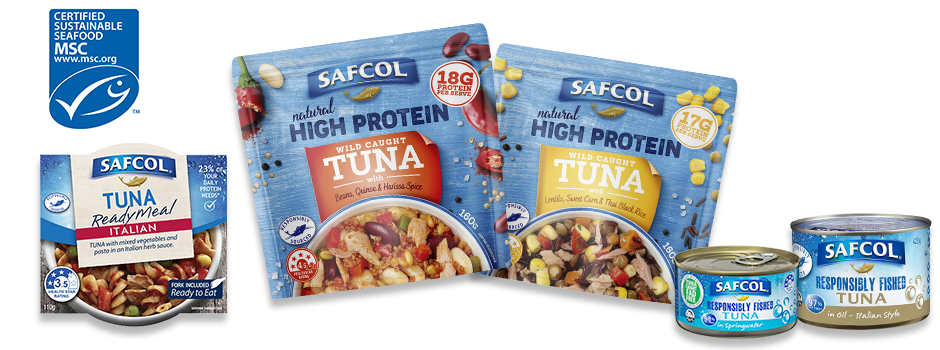
Eat Safcol Seafood to Improve Your Academic Performance
By Ashleigh Feltham
Accredited Practising Dietitian and Accredited Nutritionist
If you are studying and are doing your best to achieve your best results you may think it comes down to simply putting in the time in to study. What you may not have considered is the role of diet and specifically, seafood in improving your academic performance.
Research has shown a clear link in improving your academic performance by simply including one 100g serving of seafood a week. When seafood eaters were compared to those who did not include seafood once a week, the outcome was a 14.5% better achievement, for those consuming seafood once a week. The news gets even better for those who included seafood twice a week with points 19.9% above those who did not include seafood in their diet. Eating seafood 2-3 times a week seems to be optimal for achieving academically.
It is important to note that while seafood provides amazing health benefits and brain promoting factors, a whole diet approach is still required. Research has shown that the Mediterranean diet which is known for the inclusion of seafood is associated with higher academic scores compared to the typical ‘western’ diet. The research showed that eating a variety within each food group and eating enough within each food group was essential. In terms of seafood, this means including not just one fish like tuna but a range of seafood like salmon, oysters, sardines, mussels, and trout. All these seafood varieties have a different matrix of health benefits to optimise your overall health and brain function.
If you are not sure on how to include seafood in your day, below are the recommended recipes from the Safcol Seafood library of recipes I recommend starting with:
- Superfood tuna salad wraps
- Tuna tomato pumpkin jaffle
- Tuna sweet potato avocado poke bowl
- Salmon pickle dill toastie
- Sardine toast with red onion chilli vinaigrette

Take home message
If you are looking for an easy way to improve your academic performance, including seafood like Safcol Seafood 2-3 times a week is key for improvements in your academic performance.

Reference:
- Burrows T, Goldman S, Pursey K, Lim R. Is there an association between dietary intake and academic achievement: a systematic review. J Hum Nutr Diet. 2017;30(2):117-140. doi:10.1111/jhn.12407
